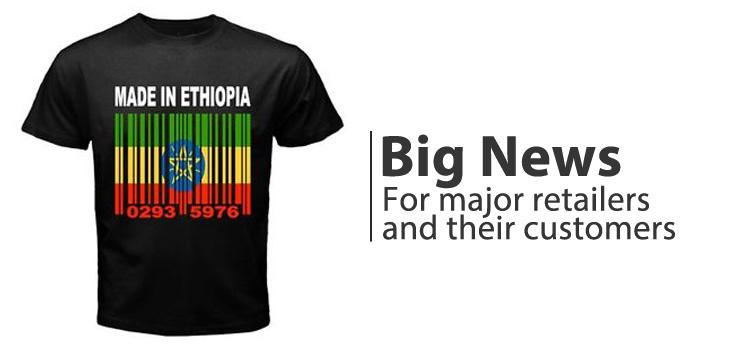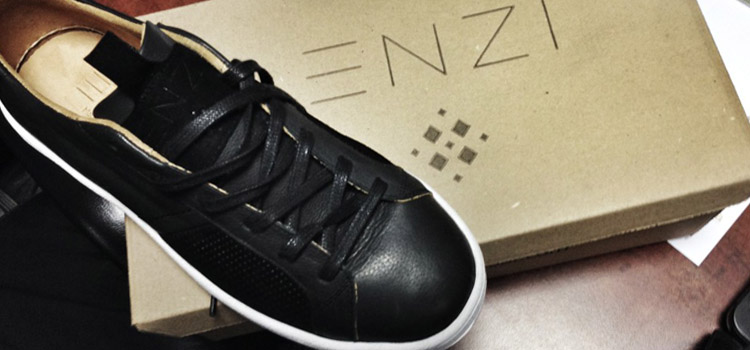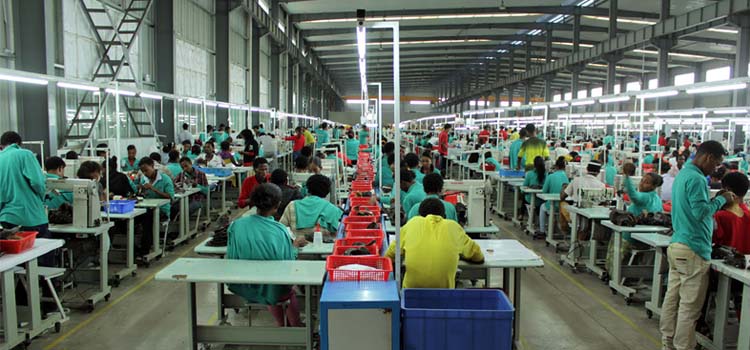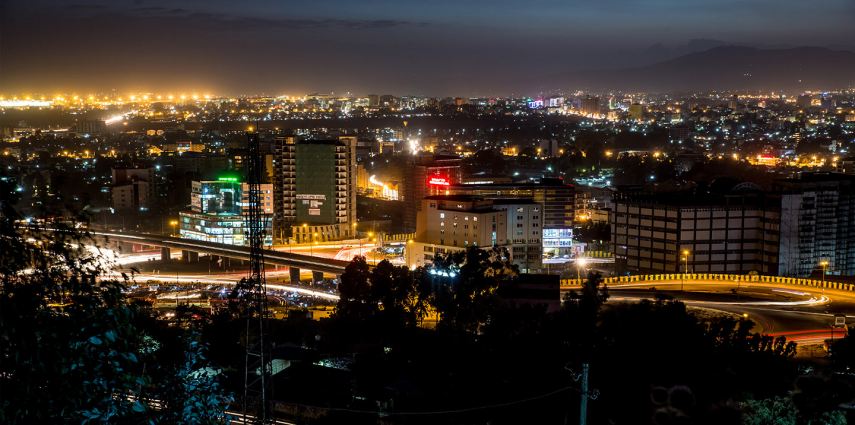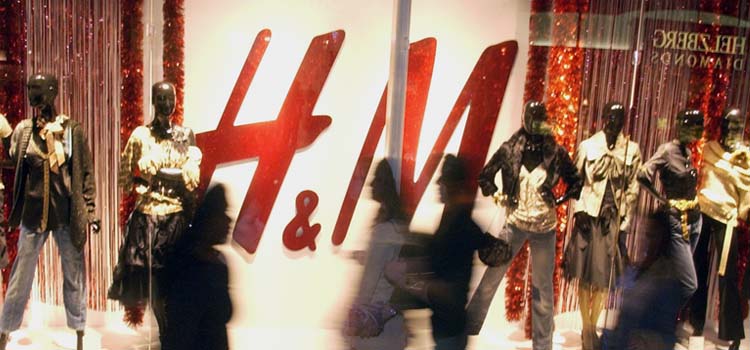“AFRICAN MAKE” is a pan-African branding movement established Addis Ababa, “The Capital City of Africa” in 2015 to promote, create a positive awareness about Africa, to promote African positions and perspectives, Celebrate our identity,and inspire our competitiveness by showcasing Africa’s capabilities and achievements.
Its aim is to create a single brand for Africa, goods, services and skills will move freely, creating a larger, vibrant economic space for trade and investment.
Africa consists of different nations, which are at different stages of development just like Europe. Africa has some of the fastest-growing economies in the world, with an average growth rate of 5% per year. It also has abundant natural and human resources, making it a region with tremendous investment opportunities.

